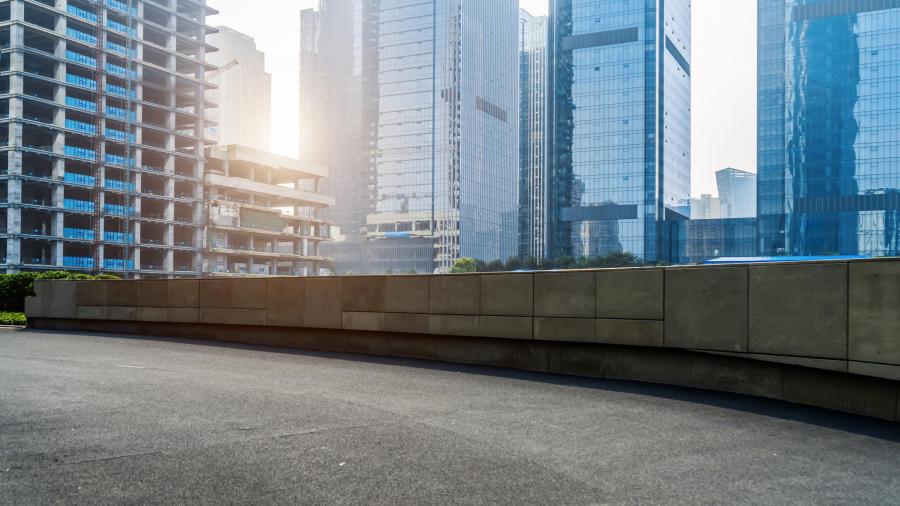Wednesday, 31st October 2018

The Court of Appeal has delivered a decision which will be of significant interest to banks and investment funds and has clarified that a court hearing an application for possession may not determine a challenge to the correctness or conclusiveness of the Register of Title. The Court of Appeal also ruled that a party which had acquired ownership of a charge over property from an entity, which was entitled to be registered as the owner of the charge without being so registered, could validly be registered as the owner of the charge.
Background
The defendant was advanced monies by Bank of Scotland Ireland (BOSI) secured by way of a charge over his principal private residence. The original interest in the charge was transferred by BOSI to Bank of Scotland (BOS) under a cross-border merger. In April 2014, Tanager became the registered owner of the charge after BOS sold a portfolio of loans and securities to Tanager.
Tanager claimed that the borrower had fallen into substantial arrears on his mortgage repayments and a proceedings issued in January 2015 in the Circuit Court. The High Court heard an appeal from an order of the Circuit Court dismissing Tanager's claim for an order of possession. The Circuit Court judge had ruled that because BOS was never registered as owner of the charge in issue, Tanager could not validly have been registered as owner of the charge and was therefore not entitled to an Order for possession. That Circuit Court decision had an impact on a significant number of other possession cases. Tanager appealed the decision to the High Court which referred a number of questions to the Court of Appeal by way of the case stated procedure. The Property Registration Authority was joined to the proceedings as amicus curiae and BOS was joined as a notice party for the case stated.
Can't Look Behind the Register
The borrower argued that the Registration of Title Act made provision such that the general rule as to the conclusiveness of the register was subject to exception in cases of mistake or fraud and that in this case the Property Registration Authority had made a mistake in registering Tanager as owner of the charge.
The Court of Appeal held that in an application for possession there can be no challenge to the conclusiveness or correctness of the Register because of the operation of s. 31(1) of the Registration of Title Act 1964. The Court of Appeal also held that the jurisdiction of the Court to rectify the Register is exercisable only in an inter partes action grounded on alleged mistake or fraud and not in a summary action on Affidavit. The Court held that the borrower had no standing to challenge the registration of the transfer by BOS to Tanager in this case.
The Court of Appeal also held that s. 90 of the Registration of Title Act 1964 operated in this case to permit a dealing by BOS with the rights in the charge prior to registration. The Court held that BOS became entitled by defeasance under an enactment to the interest of BOSI in the charge and that BOS was further entitled to deal with the charge and that the PRA was therefore entitled to register a transferee from BOS as owner of the charge without first requiring BOS to be registered as owner of the charge.
Finally, the Court of Appeal rejected the borrower's argument that he was entitled to be consulted by the Property Registration Authority before Tanager was registered as the owner of the charge because no new charge was created on the transfer by BOS.
Conclusion
Overall the ruling of the Court of Appeal in this case stated has cleared the way for a number of similar cases to proceed in the Circuit Court and clarifies that there was no infirmity in the registration of charges which had been acquired from BOS on account of BOS not having registered its ownership of the charge prior to transfer. The judgment itself puts the number of registrations of onward transfers of former BOSI charges where BOS was not previously registered as owner at 1,768.
A & L Goodbody acted for Tanager in the Court of Appeal. For more information please contact Enda Hurley or Tom Casey of A&L Goodbody's Litigation & Dispute Resolution team.


